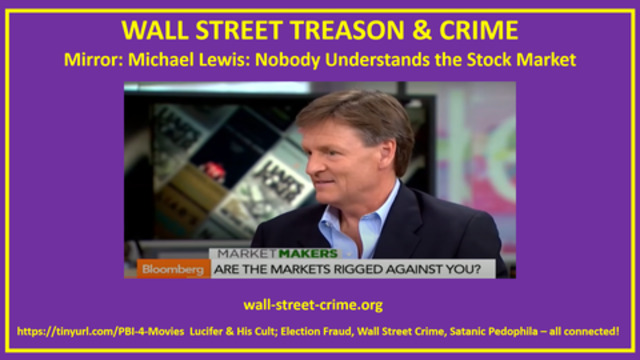Fails-to-deliver, short selling, and market quality
Veljko Fotak, Vikas Raman, Pradeep K. Yadav
Journal of Financial Economics, 1 December 2014
We investigate the aggregate market quality impact of equity shares that fail to deliver (hereafter “FTDs”). For a sample of 1,492 NYSE stocks over a 42-month period from 2005 to 2008, greater FTDs lead to higher liquidity and pricing efficiency, and their impact is similar to our estimate of delivered short sales. Furthermore, during the operative period of a Security and Exchange Commission (SEC) order mandating stock borrowing prior to short sales, the securities affected display relatively lower liquidity and higher pricing errors. Finally, we do not find any evidence that FTDs caused price distortions or the failure of financial firms during the 2008 financial crisis.
Paywall access to article.

